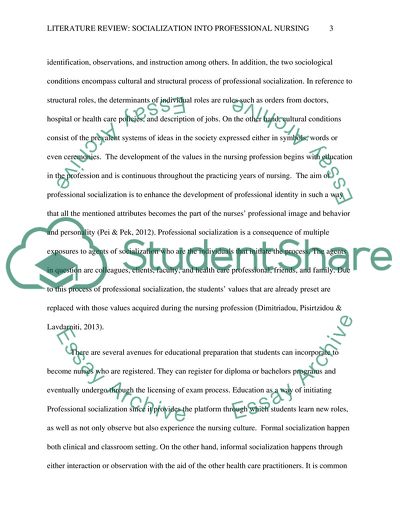Cite this document
(Socialization into Professional Nursing Research Paper - 1, n.d.)
Socialization into Professional Nursing Research Paper - 1. https://studentshare.org/nursing/1879375-socialization-into-professional-nursing
Socialization into Professional Nursing Research Paper - 1. https://studentshare.org/nursing/1879375-socialization-into-professional-nursing
(Socialization into Professional Nursing Research Paper - 1)
Socialization into Professional Nursing Research Paper - 1. https://studentshare.org/nursing/1879375-socialization-into-professional-nursing.
Socialization into Professional Nursing Research Paper - 1. https://studentshare.org/nursing/1879375-socialization-into-professional-nursing.
“Socialization into Professional Nursing Research Paper - 1”. https://studentshare.org/nursing/1879375-socialization-into-professional-nursing.


